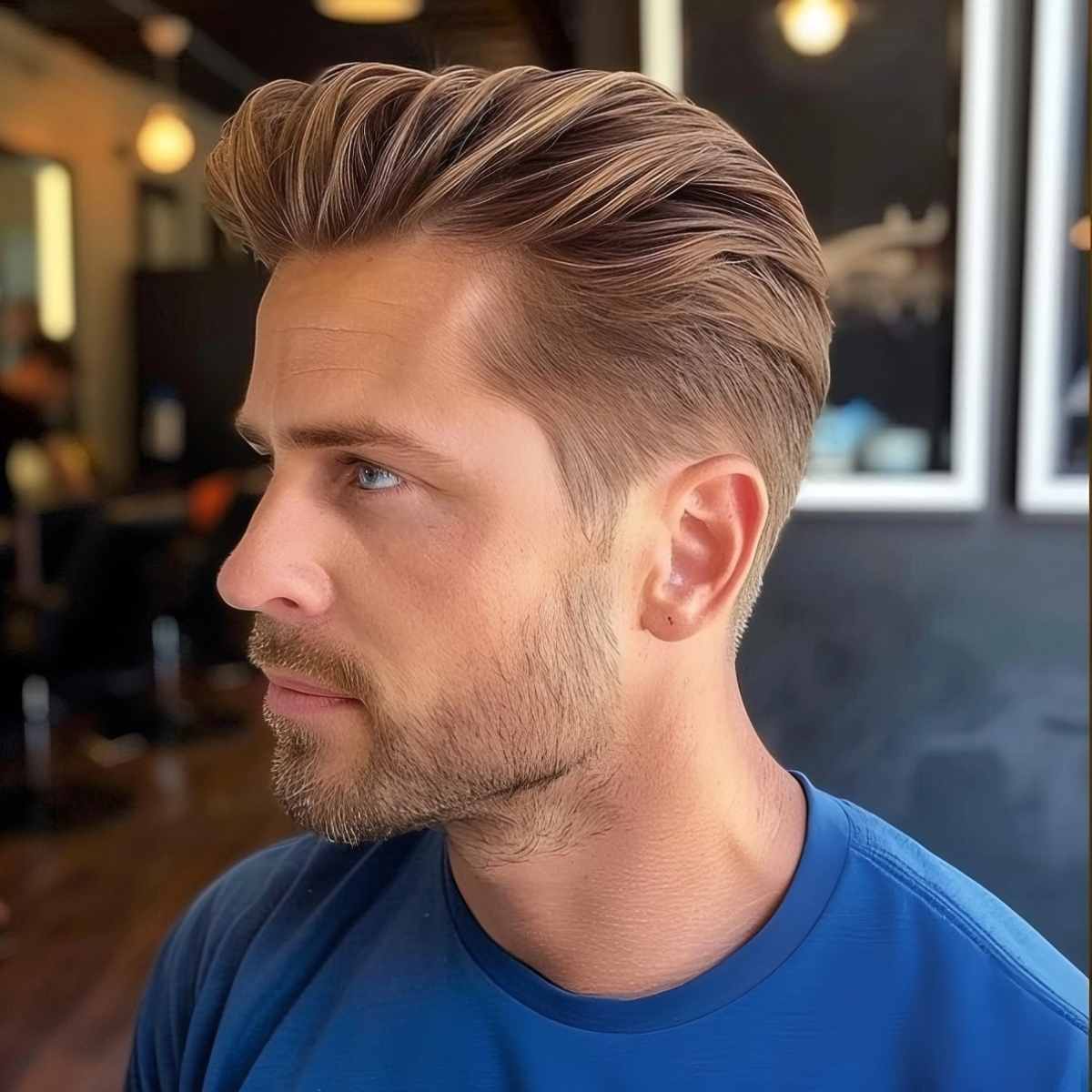Hairdressers as Artistic Curators Molding Community Character and Connection in NYC Metropolis
Hairdressers as Artistic Curators Molding Community Character and Connection in NYC Metropolis
Blog Article
Barbershops in NYC are not only locations to get a trim; they function as crucial cultural hubs that help shape community identity and foster connections among locals. These businesses have a rich heritage in city settings, acting as meeting spots where individuals from varied backgrounds come together. In many neighborhoods, barbershops are often the first place where clients can participate in conversations about local issues, exchange stories, and build relationships. This unique role makes barbers not only skilled professionals but also cultural curators who add to the social fabric of their communities.
The atmosphere in a barbershop is often lively and welcoming, creating a setting where people feel comfortable sharing themselves. Barbers are known for their skill to engage with clients, often engaging in discussions that span from athletics to politics. This interaction helps to create a feeling of belonging among clients, as they share their stories and viewpoints. In many cases, barbershops mirror the cultural diversity of the neighborhoods they serve, showcasing different hairstyles, grooming techniques, and even sounds that resonate with the local community. This cultural exchange enriches the interaction for all involved and strengthens community ties.
Barbershops also have a significant role in maintaining cultural heritage. Many barbers have been trained in specific techniques that are passed down through generations, ensuring that unique styles and methods are not lost over time. For example, certain haircuts and grooming methods may be tied to cultural heritage, allowing individuals to express their identity through their appearance. By upholding these customs, barbershops help to preserve cultural stories alive, providing a feeling of pride and continuity for community members.
In addition to their cultural significance, barbershops often engage in community service and support local causes. Many barbers take an proactive role in addressing social issues, such as education and health awareness, by hosting events or providing resources to their clients. try this web-site This engagement shows a commitment to the well-being of the community and encourages a sense of responsibility among barbers. By using their platforms to promote positive development, barbershops become essential players in the local area, further reinforcing their role as cultural curators.
Overall, barbershops in New York City serve as essential spaces for cultural exchange, community development, and identity creation. They provide a distinct environment where people can bond, exchange, and honor their varied backgrounds. As community curators, barbers not only shape the way people present themselves but also influence the broader community dynamics. By understanding the value of these businesses, we can value the vital role they play in fostering connections and preserving cultural traditions in city settings.